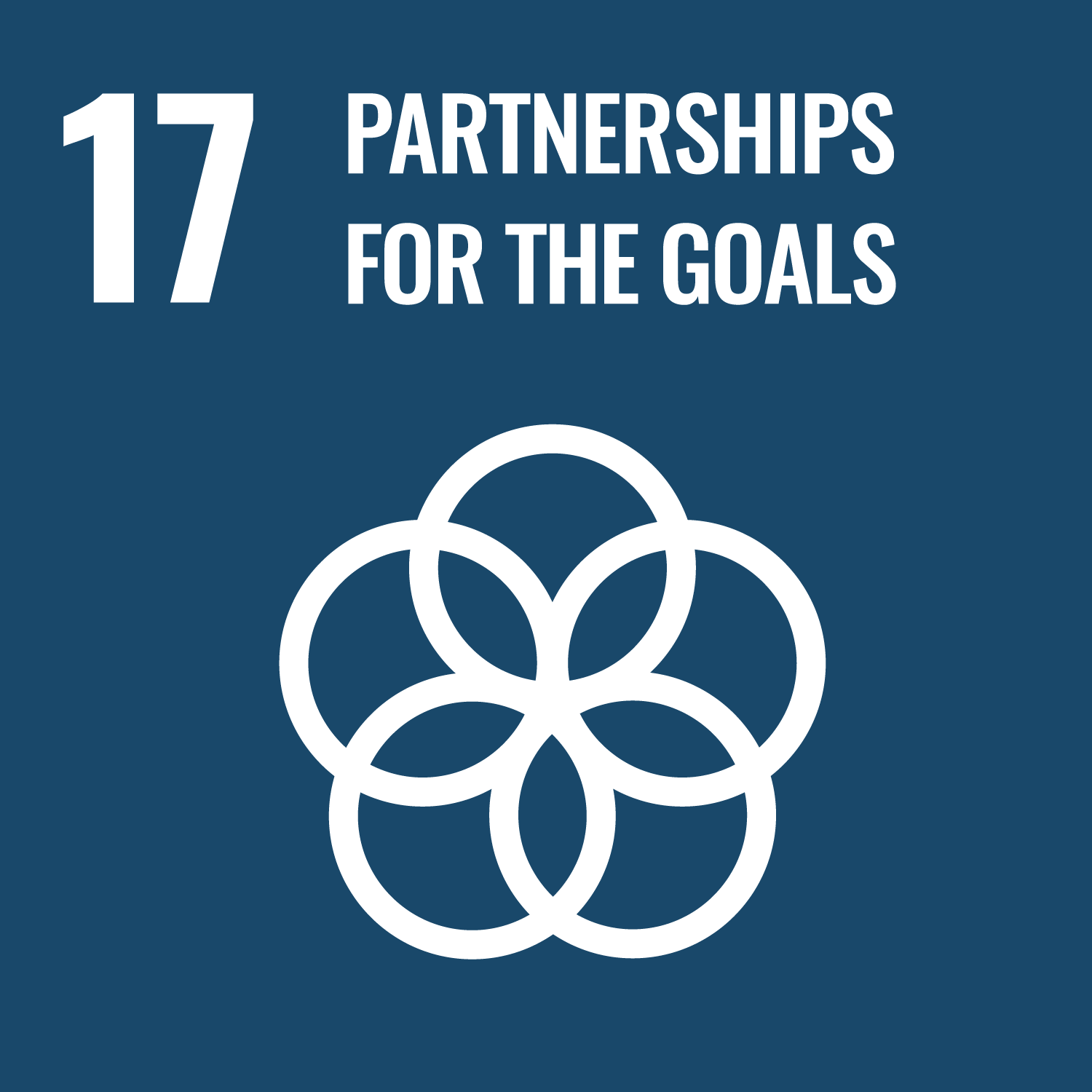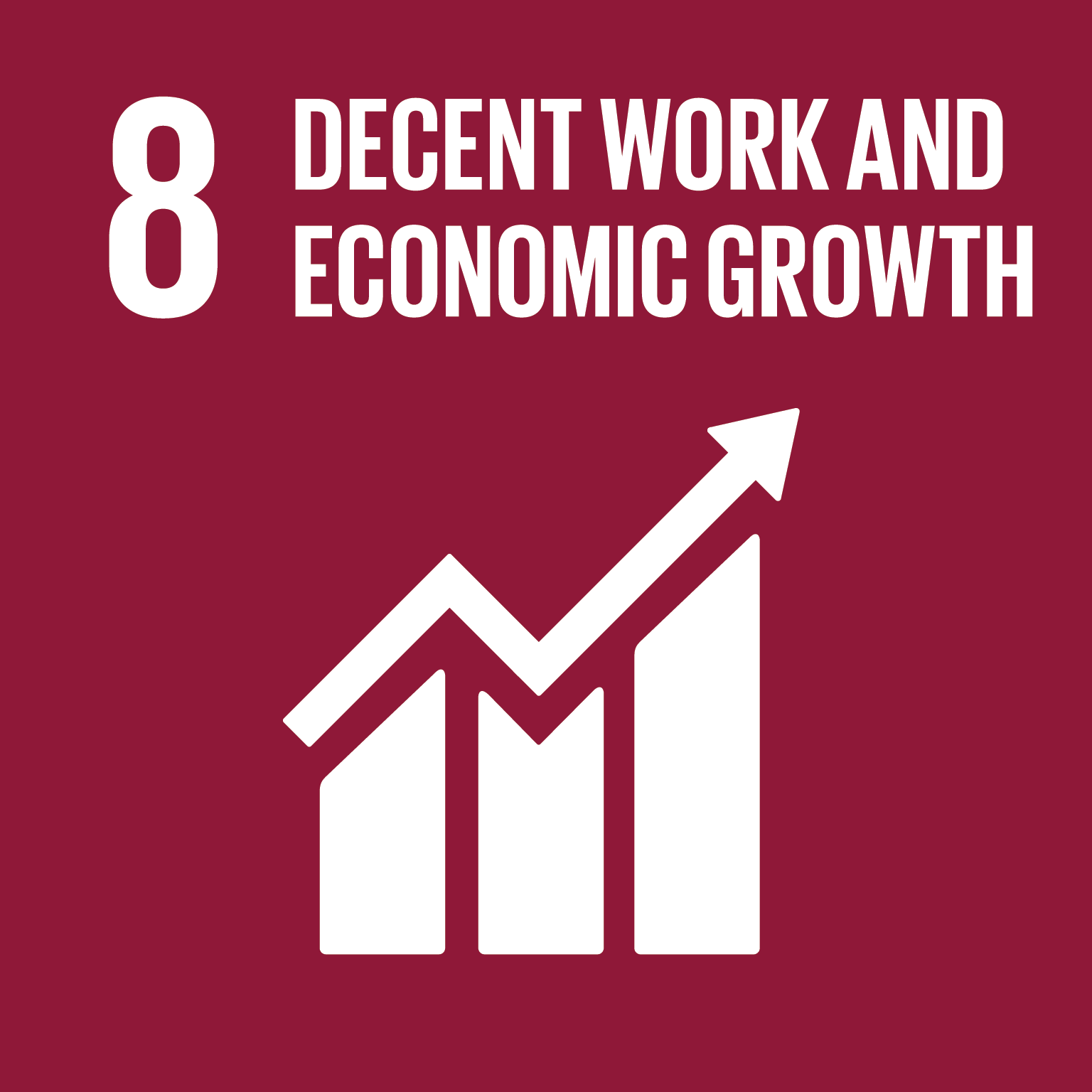Regional Reverse Linkage Project for Capacity Building in Response to the COVID-19 Pandemic
Solidarity-based Cooperation to Fight COVID-19
Challenges
The COVID-19 pandemic has come to highlight the crucial role played by national public health laboratories in countries’ response to health crises. They are involved in all key processes of detection, assessment, response, notification, and monitoring. Accurate and timely information from laboratories help not only medical personnel but also decision-makers to prevent, protect against, and control the spread of diseases. Well-equipped laboratories can strengthen countries’ health systems in outbreak response and save lives.
It was observed that many of the Islamic Development Bank (IsDB) member countries have national public health laboratories that are often ill-prepared and equipped. They lack skilled personnel (technicians, scientists, etc.) and equipment/supplies to carry out their day-to-day operations. They also often have limited access to national and international guidelines and operational procedures.
In this regard, the Bank formulated a Reverse Linkage program on “Building the Capacities of National Public Laboratories in IsDB Member Countries”. The program provides laboratories with technical guidelines, and operational protocols to help accelerate action and easy detection of COVID-19 cases supplies them with necessary medical equipment and facilitates the exchange of knowledge and expertise through peer learning.
Towards a Solution
This regional initiative has been developed under the IsDB Reverse Linkage Mechanism, which is defined as “a technical cooperation mechanism enabled by the Bank whereby member countries exchange their knowledge, expertise, technology, and resources to develop their capacities and devise solutions for their autonomous development.
The main objective of the Reverse Linkage between the Institut Pasteur Dakar and the network of laboratories in 10 sub-Saharan countries namely Benin, Burkina Faso, Cameroon, Chad, Côte d’Ivoire, Guinea, Mali, Mauritania, Niger, and Togo for capacity building in response to the COVID-19 pandemic is to develop the human capacities of the Laboratories network and provide them with necessary medical equipment. In addition, the project will provide the laboratories with an e-learning platform, technical guidelines, and operational protocols to help accelerate action and easy detection of COVID-19 cases. The initiative will benefit from the peer-learning and knowledge & information sharing between Institut Pasteur and its network in 10 sub-Saharan countries on pandemic preparedness and response of COVID 19.
This regional initiative benefitted from the proactiveness of the IsDB to identify Institut Pasteur as a center of excellence that can share knowledge with other African countries on COVID -19 response and preparedness, specifically on the diagnosis process, and to extend its support not only to one country but to the 10 African beneficiary countries.
In order to start the implementation of this initiative, the Bank brought on-board several technical and financial partners to contribute to the different activities. These partners are, i) International Islamic Trade Finance Corporation (ITFC), (ii) Institut Pasteur de Dakar, (iii) The network of Institut Pasteur worldwide, (iv) World Health Organization (WHO), Africa Regional office and (v) Arab Bank for Economic Development in Africa (BADEA) and (vi) African Union Development Agency (AUDA/NEPAD).
Besides the contribution of the Islamic Development Bank, these partners provided support to the activities of the regional initiative either financially or through in-kind contributions (provision of technology and expertise on a voluntary basis).
In terms of sustainable development goals, this regional initiative contributes to the achievement of SDG 17 (Partnership for the Goals), as it helps promote South-South Cooperation among IsDB member countries I. It will also make a positive contribution to achieving the SDG 3 (Good Health and Well-being).
Regarding sustainability, the regional initiative is involving the governments of the targeted countries to ensure ownership and commitment. In addition, the capacity development of a pool of resource persons, at the level of the national public health laboratories will allow them to capture the knowledge and expertise from the provider side and to transfer it to the other staff in the Lab (training of trainers). Furthermore, strengthening the organizational capacities of the national laboratories with equipment and guidelines will empower national laboratories to play their roles not only during the COVID-19 pandemic but also to face other communicable diseases in the future.
Due to the preliminary results on the ground, this regional initiative is being replicated with other regions with special attention to the least developed member countries of IsDB. In addition, the regional initiative will be scaled up to include other topics such as ecosystems for national public health laboratories, biomedicine & pharmacotherapy, biosafety, and biosecurity for managing COVID-19 in laboratories and healthcare facilities, etc.
This regional initiative was selected among the top 100 solutions that were showcased during the third edition of Paris Peace Forum which took place between 11-13 November 2020 under the theme “Recovering and Building a Better Day After”.
Contact Information
Mr. Abdelhakim Yessouf, Senior Technical Cooperation Specialist, IsDB
Countries involved
Benin, Burkina Faso, Cameroon, Chad, Côte D’Ivoire, Guinea, Mali, Mauritania, Niger, Togo
Supported By
Islamic Development Bank (IsDB)
Implementing Entities
Institut Pasteur, Dakar
Project Status
Completed
Project Period
2019 - 2021
URL of the practice
https://www.youtube.com/watch?v=4ogQvVNZf7M&t=5sPrimary SDG
03 - Good Health and Well-being
Secondary SDGs
17 - Partnerships for the Goals
Similar Solutions






